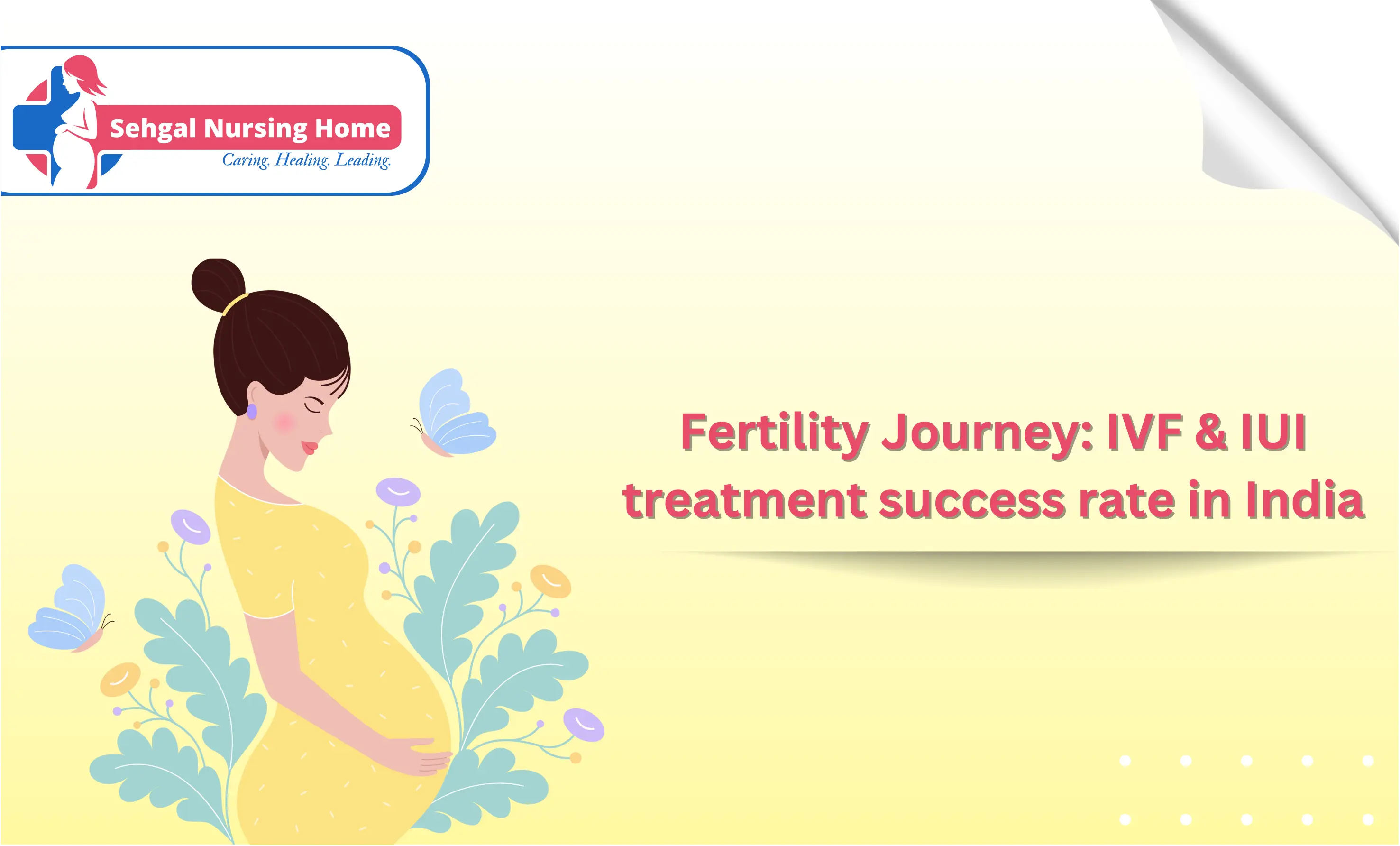
The success statistics of various other fertility treatments are extremely important to know for all the individuals or couples who have suffered from, or who will be suffering from, infertility. In fact, the most sought-out and popular fertility treatments in India include IUI, or Intrauterine Insemination, and IVF, or In Vitro Fertilisation. This article is the output of an effort to shed light on the basic differences between IUI and IVF and their success statistics, with a view to understanding which clinics in India assure the highest rates of the said treatments.
IUI is slightly less invasive than other fertility treatments, whereby prepared sperm are injected near the woman's uterus at ovulation time. This has a shorter travel distance for the sperms to the egg, hence resulting in the fertilisation of the egg. IUI is mainly used in cases of couples with mild male fertility issues, unexplained infertility, and those couples who have not been able to conceive naturally.
IVF is a bit complicated process and is inclusive of different steps which are the ovarian stimulation, egg collection, fertilisation in the laboratory, and then finally transferring the embryo. Hence the treatment being more effective for those who suffer from severe male or female infertility, tubal blockage, or for failures at the IUI level .
For selecting a fertility clinic in India, the following are the key points to be taken into consideration:
For those planning for IVF treatment from India, Fertility World stands as one of the best, as improved success rates like ours and equipped professionals in the field are few in the country. At Sehgal Nursing Home, we advise detailed research and consultation with our fertility expertise to make an informed decision that suits your unique fertility needs.
Any questions or information about fertility treatments can be availed from the Sehgal Nursing Home or for an appointment with the doctor. Our Fertility Specialists who have vast experience and have treated thousands of infertile couples are dedicated to fulfilling your dream to become parents.
What is the Success Rate of IUI vs IVF?
An IUI generally has a lesser rate of success as compared to an IVF. For an IUI, the rate of success stands at 10-20% for each cycle, while in an IVF, it would be 45-50% for the candidates given patients below 35 years of age and using their own eggs and balloons to 99% while using the donor's eggs
What is the Success Rate of IUI in India?
The general success rate of IUI in India lies between around 10-20% per cycle on an average. These success rates can vary on the basis of a woman's age, quality of the sperm, etc. The success percentage can be up to 80% in younger women who do not have any serious infertility issues, and it is quite low in comparison when women are older.
Which IVF Clinic in India Has the Highest Success Rate?
Fertility World IVF clinic claims to have the highest success rates in India and believes itself to be the recognized one. They claim success rates of around 99% using donor eggs and 75% with the self-gametes. High success rates are attached with the experienced specialists and high-end technologies of the clinic.
What Are the Chances of Pregnancy in IUI and IVF Endpoints?
The likelihood of getting pregnant with IVF is substantially higher than with IUI. During an IUI, a female has a 10-20% chance of getting pregnant per cycle. In one IVF cycle, the chances of a patient under 35 using their own eggs to get pregnant rise to 45-50%, and a patient using donor eggs will reach up to 90-99%. The performance difference between IUI and IVF is so considerable that for a lot of couples, IVF turns out to be the more effective method.
© 2024 Sehgal Nursing Home, Inc. All rights reserved | Website designed by Digital Net India